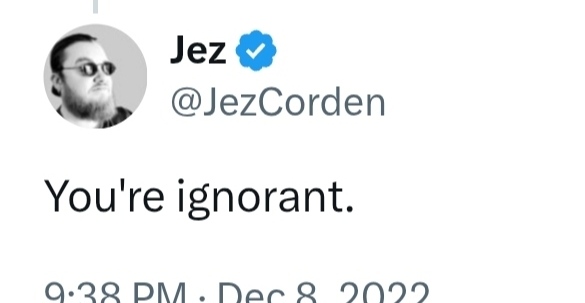Why did Microsoft gobble up so many studios only to cancel their apparently promising games, like the Blizzard survival game that employees were hyped about, or the ZeniMax MMO that even Microsoft Gaming head Phil Spencer himself reportedly liked? And why should the employees of a company making billions in profit have to be in constant fear that they're next on the chopping block? Microsoft CEO Satya Nadella's executive compensation rose 63% in 2024 to $79 million.
But that doesn't entirely explain why Microsoft is cancelling games and laying off dev teams at the same time as it's boasting about having "more players, games, and gaming hours than ever before." Our best hypothesis for that apparent contradiction: Microsoft's acquisitions were all about feeding Game Pass, and as successful as the subscription service has been, it hasn't turned out to be the gold mine it hoped for.
According to discovery documents during the FTC's challenge to the Activision Blizzard merger, Microsoft had a goal of over 100 million Game Pass subscribers by 2030. Game Pass currently boasts north of 35 million subscribers after eight years of existence, with five more to go until the 2030 deadline. If that initial goal still stands, we can probably expect many more mass layoffs in the future.
Game Pass is undeniably a convenient, economical way for players to access a large catalogue of games, and the service saw rapid adoption. Intuitively, though, it's another force (like Steam sales) driving down the perceived value of games, and Game Pass uniquely harms their retail success—would you rather buy Avowed for $70, or get it through PC Game Pass for $12/month?
The math works if Microsoft keeps getting new Game Pass subscribers, who are enticed to the service with the constant addition of new games. And from the outside, it does appear to be working—Windows Central reported in April that PC Game Pass revenue was up 45%—but Microsoft apparently wants more. Something is clearly very wrong if success continues to result in these mass layoffs, studio closures, and project cancellations.
What's especially worrying is that this should have been a particularly great year for the service, the likes it may not see again for some time, buoyed as it was by the first post-merger Call of Duty on Game Pass. I have my doubts that even an Infinity Ward entry will cause a similar stir, The Elder Scrolls 6 ain't walking through that door anytime soon, and Xbox has committed to starving itself of fuel for the Game Pass engine with every layoff and studio closure. The enduring legacy of Xbox's explosive late '10s and early '20s expansion, buying up so many beloved studios, appears to be a massive injection of misery into gaming as an industry and hobby.
A longer article that you can see here: https://www.pcgamer.com/gaming-indu...-future-of-gaming-and-were-all-paying-for-it/
Overall though, yes, as much of a good deal Game Pass may have been for customers (and possibly because of that) it is clear that to make the math work required a degree of such enormous ongoing investment that it was unpalatable for a company like Microsoft to keep it going.
Phil Spencer bet the farm on Game Pass. He lost.





